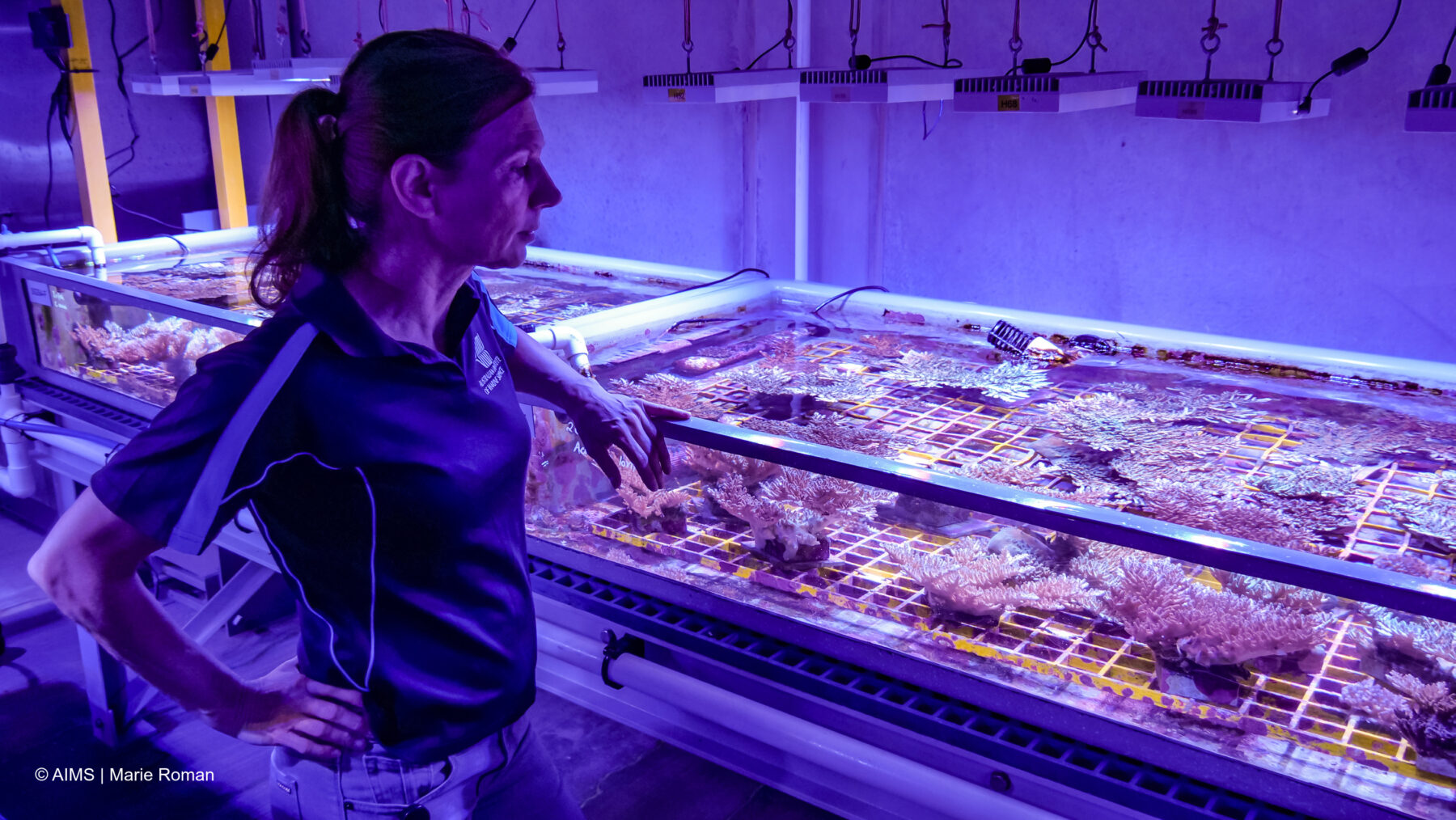‘Heat-proofing’ coral: Aussie discovery throws a lifeline to world’s dying reefs

Researchers at the University of Melbourne and Australian Institute of Marine Science (AIMS) have evolved microalgae to tolerate high temperatures and used it to restore health in bleached corals.
It’s a profound breakthrough, reported this week in the journal Global Change Biology, that could buy critical time for the world’s coral reefs, many of which are already beleaguered by the impacts of climate change.
Enhancing coral health
Most of the hard corals that form the Great Barrier Reef (GBR) rely on a symbiotic relationship with tiny algae called zooxanthellae.
The coral provides these microalgae with a structural home and nutrients. In turn, the microalgae give coral energy.
But when water temperatures get too warm this relationship breaks down and the coral expels the microalgae.
The coral loses its colour, appears bleached, starves, and is left susceptible to diseases and eventually death.
In this new project AIMS and University of Melbourne researchers enhanced a microalgal species – Cladocopium proliferum – to withstand warmer water temperatures through lab-based “assisted evolution”.
Speeding up evolution
Professor Madeleine van Oppen, a lead researcher on the project, explains that while the microalgae could adapt to warmer water temperatures eventually, the natural adaptation wasn’t likely to be fast enough to keep up with the rate of climate change.
“Our lab work speeds up what happens in nature anyway,” she says. “This evolution is a natural process.”
The researchers bolstered the microalgae’s heat tolerance through exposure to elevated temperatures over 10 years.
They then offered these evolved microalgae to a series of chemically bleached adult coral fragments from the species Galaxea fascicularis.

The researchers found that the heat-evolved microalgae maintained symbiosis with the adult coral for two years, promoting a faster recovery from bleaching and enhancing the coral’s heat tolerance without having a detrimental effect on its growth.
Professor van Oppen says earlier research has shown the benefits of exposing coral larvae and juveniles to heat-evolved algae.
“These new findings on adult coral demonstrate the advantages are not lost in adulthood and indicate that heat-evolved microalgae could be used across various coral life stages,” she says.

Global applications
Dr Wing Yan Chan, another lead researcher on the project, says the new findings suggest that heat-evolved microalgae are potentially valuable resources for reef restoration and could help many different coral species.
“We still detected algal symbionts two years after the corals were first inoculated,” she said. “This suggests the symbiosis has long-term stability and potentially long-term benefits to coral heat tolerance.”
Professor van Oppen says other scientists could repeat this process anywhere in the world by culturing local microalgae.
“Our research can potentially be applied globally, but we must ensure we can replicate our lab results in the field,” she said. “If our field trials are successful, we might actually implement this research in the not-too-distant future, which is exciting.”

Under a changing climate where marine heatwaves are expected to become more frequent and severe, supporting coral reefs is essential to maintaining marine ecosystems.
Corals are the foundation of reefs that are home to huge numbers ofspecies.
Reefs also support important industries such as fisheries and tourism and hold significant cultural values for Traditional Owners.
“While assisted evolution interventions, such as heat-evolvedmicroalgae, may buy some time for corals,” Professor van Oppen cautioned, “without strong action on climate change this work will not be enough to save coral reefs.”







